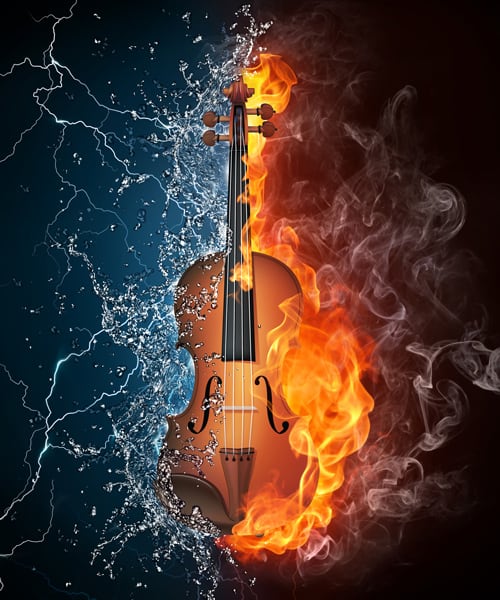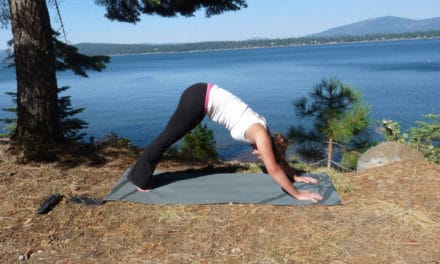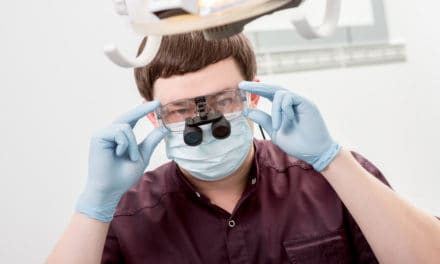By Dr. Michael Herndon, DDS, AF
Our Apologies,
In our last edition, we accidentally cut part of the words at the beginning of Dr. Herndon’s article. We regret any inconvenience this may have caused Dr. Herndon or our readers. The corrected version can be found at MountainValleyLiving.com
Well, I don’t mean to imply that there is a connection between gum disease and music, but these are two subjects for this article. I do suppose that both of these issues, the treatment of gum disease and the recording of music, are definitely art forms so perhaps there is a connection after all…
In order for gum disease (periodontal disease) to become destructive for a patient, the patient’s immune system has to react to the toxins produced by the bacteria by initiating inflammation. Traditional treatment of periodontal disease is aimed at reducing the load of bacterial toxins (from pathogenic bacteria… some bacteria are actually beneficial) by deep cleaning and possibly surgery, and then kept under control by frequent cleanings or supportive care and home care, meaning brushing, flossing, etc.
However it may be possible to create a vaccine that targets enzymes produced by a bacteria called Porphyromonas gingivalis to trigger an immune response that produces antibodies that neutralize the pathogen’s destructive toxins. P. gingivalis is one of the more notorious periodontal pathogens, among many. Scientists in Australia are working on this now.
To make a fire one must have: Fuel, Flashpoint temperature, and Oxygen. If any one of these is missing, there will be no fire. With gum disease, one must have: Pathogenic bacteria, Sufficient level of toxins from the bacteria, and Host response. The patient is the host and their immune response to the toxins must be present to develop the inflammation of the disease process. Without host response, without triggering levels of toxins, or without pathogenic bacteria there will be no gum disease.
So if the vaccine mentioned above creates the host’s ability to neutralize the pathogen’s destructive toxins, tissue damage may be substantially reduced and many people could be helped. But in the meantime, visit your dentist and/or periodontist regularly.
As for music, if you are a musician never stop playing! If you are a listener, never stop listening! I wanted to say much more about the adventure of music and recording but I used up most of my space talking about periodontics. Dang!












